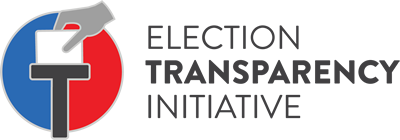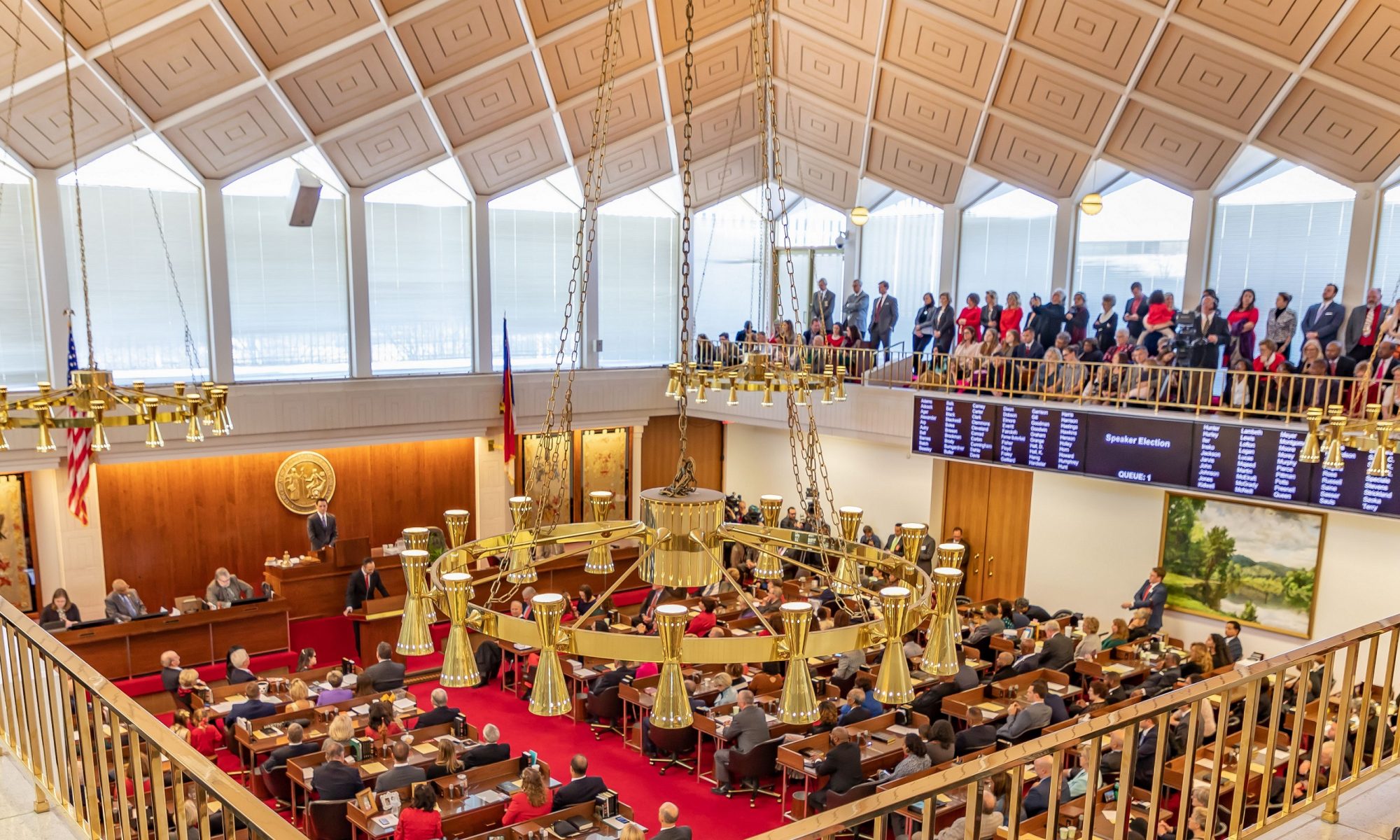FOR IMMEDIATE RELEASE: August 28, 2023
Senate Bill 747 earns North Carolina voters major victory
Washington, D.C. – North Carolina’s Democrat governor Roy Cooper last week vetoed Senate Bill 747, proposed legislation to make the state’s elections more secure, transparent, and accountable.
The bill importantly contains a number of critical ballot and voter integrity provisions and was significantly strengthened by the House after a fumbled attempt in the Senate.
Unfortunately, the bill also seeks to eliminate a state political party’s authority to open or close its primaries, thus permanently opening partisan primaries to unaffiliated voters.
Only about half of North Carolina voters presently believe elections are fair and accurately tallied. According to a recent survey by Rasmussen Reports, more than half of U.S. voters doubt the next presidential election will be conducted fairly.
ETI conducted a comprehensive grassroots education and outreach campaign to help pass an election integrity bill in 2023 that earns the trust and confidence of voters.
National Chairman of the Election Transparency Initiative and former Virginia Attorney General Ken Cuccinelli issued the following statement:
“We thank the House and Senate for sticking with this vitally important bill and advancing it to Governor Cooper’s desk after a lengthy process. Now, with supermajorities in both chambers and a recently entrusted state Supreme Court free from its most radical elements, it’s imperative that Republicans stand tall for free and fair elections voters can trust by overriding his politically motivated, anti-election integrity veto. Senate Bill 747 addresses many of the biggest threats to secure, transparent, and accountable elections, and we urge our full support.”
House Improvements to Senate Bill 747:
- Prohibition of private, non-governmental funding (including in-kind donations) of election activities.
- Retention of election records for 22 months to comply with the NVRA.
- Provides some clarifications to authority and restrictions for poll observers.
- Same-day registrant addresses are checked and returned mailings will trigger retrieval of voted regular ballots.
- Extends absentee ballot challenge period to five days after election day.
- Allows for chief judges and judges at early voting sites (other than Board of Election sites), although lacking parity requirements for judges.
- Polls will close at 7:30PM on election day and all absentee/mail-in ballots must be received by that time.
- Makes it a misdemeanor crime for anyone other than a Board of Elections to affix a tracking code to absentee ballot request forms.
- Provides a new process for removing non-citizens from voter lists.
- Implements a pilot test for signature verification on mail-in ballot envelopes.
Background:
Presently, North Carolina’s voter lists are in disarray, with as many as 14 percent of registrants (one million) having been identified as duplicates or ineligible (1 out of 7 voters). Astonishingly, there is no statutory requirement to remove duplicate voter registrations from the state voter list until such voters contact the Board to request they be removed.
Mail-in voting is exploited by unaccountable dark money organizations, which print hundreds of thousands of ballot request forms with bar codes for the purpose of illegally identifying and tracking those who are voting by mail—skirting state law which precludes early disclosure of those voting by mail.
According to the State Wide Election Integrity Reporting System (SEIRS), poll observers are being denied the freedom to observe, inspect, and report, nor is there parity in partisan representation for election observers during early voting, as required by law.
Thousands of voters are permitted to show up to register and vote a regular ballot on the same day during early voting, which is immediately scanned and counted without address verification.
The Election Transparency Initiative, a partnership between the American Principles Project (APP) and Susan B. Anthony (SBA) Pro-Life America was organized to combat federal H.R. 1 and H.R. 4 legislation and advocate for state-based election reforms that voters can trust.
###

